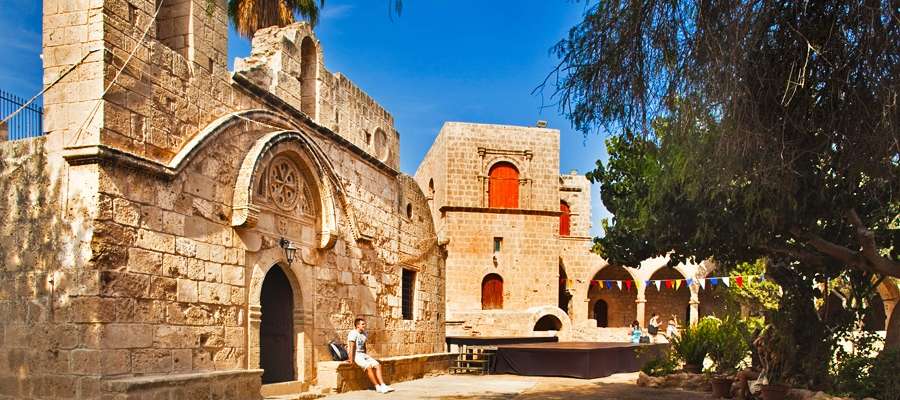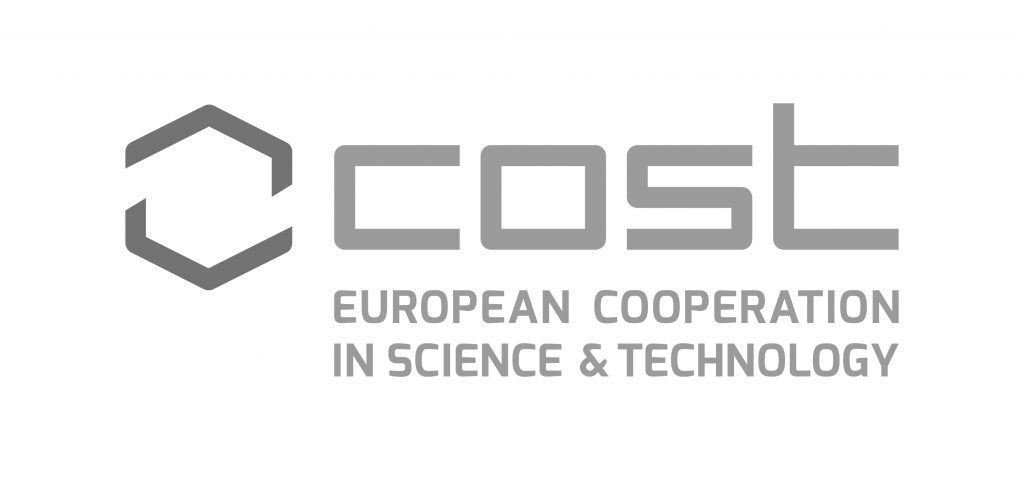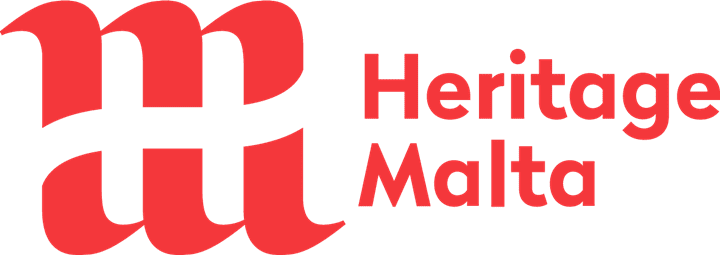
Application deadline: 30 December 2022
The COST Action CA18110 – Underground Built Heritage as catalyser for Community Valorisation is issuing a Call for Applications for its Fourth Training School, managed by the University of Malta, which will be held in Mellieha (Malta) from February 6th to 10th, 2023. A preparatory webinar will be organised end of January for introducing participants to theoretical and methodological contents.
The aim of the school is training new skills for planners, decision-makers, promoters, and local development facilitators. The training school will deal with innovative approaches to surveys, analyses, monitoring and testing Underground Built Heritage (UBH), foster the uptake of new tools for empowering local communities, as well as for supporting planners and decision-makers. The training integrates multi-disciplinary knowledge about the underground heritage in a framework based on Strategic Transition Practice (STP), boosting new job profiles on cultural planning, strategic spatial planning, transition planning and management. These new job profiles will guarantee interaction with local communities, dissemination of innovative thinking, and methodologies for supporting the exploration of alternative social trajectories in an adaptive, forward-looking manner.
TOPICS
Structured in lectures and tutored research teamwork modules, the school focuses on four topics:
PARTICIPANTS
The training school is addressed to planners, local community facilitators, promoters, and decision-makers, working on issues related to underground built heritage and community engagement for its conservation, monitoring and valorisation.
CONTENTS
The school is based on scientific approaches (regional sciences, urban geography, computer sciences, and economic policy), with the input of disciplines in the humanities, for considering cultural issues, as well as strategies and tools for urban/rural regeneration policies, sustainable tourism, community empowerment, and UBH conservation. Lectures and results of the school will contribute to producing a training toolkit for decision-makers, practitioners, stakeholders and local communities and will integrate a procedure for testing and validating the new training and learning methods. In particular, the training will expand the Historic Urban Landscape (HUL) framework by developing new specific modules about UBH and introducing Strategic Transition Practice (STP). It will provide the participants with tools for stimulating, developing and supporting real-life experiments (Living Labs) in a practice-oriented modulation, aimed at shaping processes of strategic dialogue, co-evolution and co-creation.
Trainers and trainees will work together on specific topics related to the Emergency Underground Flour Mills case study, by exploring and preparing discussion arguments. The participants will visit the case-study sites, interact with local stakeholders, and the last day they will present their ideas in a plenary meeting with the stakeholders. In particular, by applying the STP approach, trainees will interactively learn and experiment how to facilitate communities’ dialogue, and develop new social, economic and cultural behaviours from the opportunities offered by the UBH reuse also in terms of new lifestyles.
IMPORTANT NOTES
Applicants may apply for one of the 24 (twenty-four) grants for the participation at the training school. To apply, please see the information and instructions in the following paragraph “Applications Process”. The application is open to both Malta and COST action member states, with different granting systems.
Applications can be sent to the Action’s Training School Coordinator – Shirley Cefai (shirley.cefai@um.edu.mt) until December 30th, 2022. You can contact her in case you have questions regarding the call, the application process or the Training School.
More details regarding the programme of the Training School are forthcoming. Please watch the page dedicated to the Training School on the Action’s website at:
https://underground4value.eu/training-school/.
Please feel free to disseminate this message within your own research communities. Young researchers from Inclusiveness Target Countries (ITC) are strongly encouraged to apply:
http://www.cost.eu/about_cost/strategy/excellence-inclusiveness
To apply for one of the 24 grants, please do the following things before December 30th, 2022:
1. Register a profile on e-COST and include your bank data on the following URL:
2. Prepare the following documents:
Applications must be sent to Shirley Cefai (shirley.cefai@um.edu.mt), and in cc to Giuseppe Pace (giuseppe.pace@cnr.it)
After submission, all applicants are kindly asked to make sure they receive a confirmation of receipt within 24 hours, then to print it, signing and dating it, and send back to the Action’s Training School Coordinator (shirley.cefai@um.edu.mt) in pdf format.
If you don’t receive the confirmation of receipt, please do not hesitate to contact us again.
Applicants will be notified of their acceptance on January 6th, 2023, at the latest.
The Trainee will receive a travel reimbursement according the rules defined in the COST rules (ver. 1.3 07/2021) https://www.cost.eu/uploads/2022/10/COST-094-21-Annotated-Rules-for-COST-Actions-Level-C-V1.3-.pdf.
Trainees can be reimbursed for their long-distance travel expenses in line with the eligibility rules specified in Section 5. Meetings – Financial Support of the Vademecum. In addition, they will be reimbursed a daily allowance rate according to COST Action CA18110 reimbursement rules, which covers the incurred accommodation, meals, and local travel expenses, on the basis of the daily attendance list signed.
Trainees from Malta also will be reimbursed a lump sum equivalent to the local travel expenses (€ 10 per day).
The trainee shall submit via e-COST a completed online travel reimbursement request within 14 calendar days after the end date of the training school.
Basic COST eligibility criteria need to be met:
Participants who can cover their travel and accommodation expenses from other funds and do not need a grant are also welcomed to join our Training School. If this is your case, although recommended, you do not need to register a profile on the COST website. However, we still ask you to submit the application materials (CV and motivation letter) by December 30th, 2022 to the email addresses mentioned above.
You will be notified of acceptance to the training school before January 6th, 2023.
Action Chair: Giuseppe Pace
Action Vice Chair: Susana Martinez-Rodriguez
Science Communication Manager: Tony Cassar
Grant Holder Manager: Patricia Sclafani
Webmaster: Olga Lo Presti


Webdesign by Digitisation Department at
